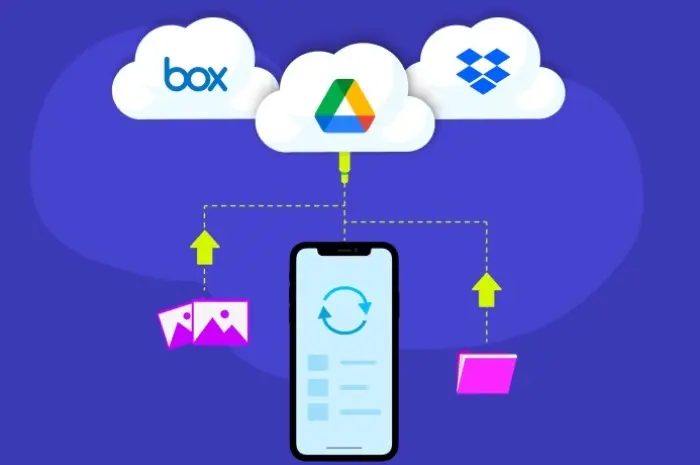In today’s digital age, mobile games have transcended mere entertainment, emerging as potent tools for cognitive development and skill enhancement.
Amidst a plethora of options, certain games stand out for their ability to sharpen the brain of younger players.
These games are not only fun but are designed to improve memory, problem-solving skills, and critical thinking.
Below, we delve into the 10 most popular mobile games that can significantly contribute to your child’s mental growth.
1. Lumosity: Brain Training
Lumosity is a leader in the brain training game category, offering a variety of puzzles and activities designed to enhance cognitive skills. Developed by neuroscientists, its games target memory, attention, flexibility, speed of processing, and problem-solving skills.
2. Monument Valley: Architectural Puzzle Solving
Monument Valley captivates with its stunning, M.C. Escher-inspired architecture, encouraging players to navigate impossible geometries. This game improves spatial recognition and problem-solving abilities while fostering an appreciation for visual artistry.
3. DragonBox Series: Mastering Math
The DragonBox series revolutionizes math learning by turning complex concepts into engaging games. With separate editions for algebra and geometry, it makes math accessible and fun, fostering a love for the subject that traditional education methods sometimes struggle to achieve.
4. Brain It On!: Physics Puzzles
Brain It On! challenges players with physics-based puzzles that require creativity and out-of-the-box thinking. Each level presents a unique problem that encourages logical reasoning and enhances understanding of physical principles.
5. Duolingo: Language Learning
While not a traditional brain game, Duolingo uses gamification to make learning new languages engaging and effective. Language learning has been linked to improved memory, attention, and even problem-solving skills.
6. Peak: Brain Training
Peak offers a broad range of brain training games developed by neuroscientists to challenge memory, attention, problem-solving, mental agility, language, coordination, creativity, and emotion control.
7. The Room: Mystery Puzzle Solving
The Room series provides intricate puzzle boxes that players must unlock through layers of complex puzzles. This game is praised for its stunning graphics, atmospheric soundtrack, and its ability to improve concentration and problem-solving skills.
8. CodeCombat: Learning to Code
CodeCombat is a game that teaches programming through fun and interactive gameplay. Coding is not only a valuable skill in today’s digital world but also enhances logical thinking, problem-solving, and creativity.
9. Sudoku: Logical Number Placement
Sudoku, the classic number puzzle game, is available in countless mobile versions. Regularly playing Sudoku can help improve concentration and logical thinking, as it requires players to think strategically and plan ahead.
10. Chess: Strategy and Tactics
Mobile chess games offer a convenient way to practice the centuries-old game known for improving strategic thinking, foresight, and patience. Chess teaches children about planning, consequences of actions, and even introduces fundamental math concepts.
Conclusion
Integrating these games into your child’s daily routine can provide a fun yet educational experience, encouraging the development of essential cognitive skills.
While games can be a valuable part of a child’s development, it’s important to balance screen time with physical activity and real-world interactions.
We believe in the potential of these games to make learning engaging and accessible for children. As technology continues to evolve, so too will the opportunities for educational games to contribute to children’s intellectual growth and curiosity.




